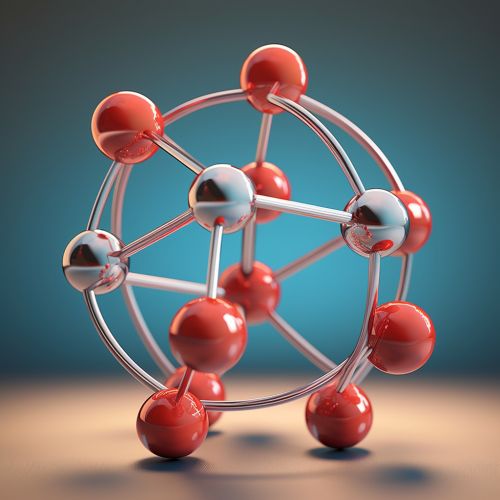Number Two
Introduction
The number two is a natural number that comes after one and before three. It is the smallest and the first prime number, and the only even prime number. It is also a cardinal number, an ordinal number, and a real number. It is associated with balance, duality, and partnerships in various cultural, religious, and philosophical contexts.
Mathematical Properties
Two has many unique mathematical properties. It is the only even prime number, a characteristic that distinguishes it from all other prime numbers which are odd. This property makes it a crucial element in the field of number theory.
Two is also the base of the binary system, the number system used in digital computers. In this system, all numbers are represented as a sequence of ones and zeros, which are the only digits in the binary system.
In geometry, a shape with two sides, known as a digon, exists theoretically but cannot be realized in Euclidean space. However, it can exist in non-Euclidean geometries, such as on the surface of a sphere.
In algebra, the equation ax^2 + bx + c = 0 is a quadratic equation, and its solutions are given by the quadratic formula. The discriminant of this equation, b^2 - 4ac, determines the number of solutions: if the discriminant is positive, there are two distinct solutions; if it is zero, there is one solution; and if it is negative, there are two complex solutions.


Cultural Significance
The number two holds significant cultural, religious, and philosophical meanings in many societies. It often symbolizes balance, duality, and partnerships. In Chinese culture, the number two is considered lucky because Chinese people believe good things come in pairs.
In Christianity, the number two is significant because it represents the dual nature of Christ as both human and divine. In Hinduism, the second day of the lunar fortnight, Dwitiya, is dedicated to the god Brahma.
In philosophy, dualism is a concept that posits the existence of two fundamental principles, often opposing, such as good and evil, or mind and body.
In Science
In science, the number two has various applications. For instance, in chemistry, a molecule composed of two atoms is called a diatomic molecule. In physics, the second law of thermodynamics states that the entropy of an isolated system never decreases.
In biology, many organisms are diploid, meaning they have two complete sets of chromosomes. This is the case for humans, who have 23 pairs of chromosomes.


In Technology
In technology, the binary system, which uses only two digits (0 and 1), is the foundation of digital computing. This system is used in almost all modern computers and computer-based devices because it is straightforward to implement with digital electronic circuitry.
In telecommunications, the number two is used in the international dialing code for Africa.


